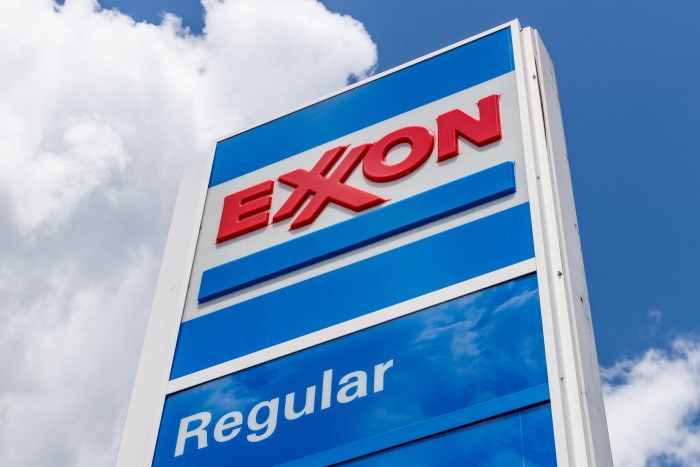Exxon Expands Carbon Pipeline Network with $4.9 Billion Denbury Deal
(Reuters) — Exxon Mobil Corp. on Thursday agreed to buy Denbury Inc. for $4.9 billion, acquiring a company with a substantial carbon dioxide (CO2) sequestration operation that could accelerate its nascent energy transition business.
The deal builds out Exxon's plan to develop an emerging market that makes money from reducing its own and others' greenhouse gases.
Carbon sequestration is the favored strategy for U.S. oil and gas companies to reduce emissions while continuing to expand oil and gas production. U.S. tax credits and incentives to bury CO2 underground has unleashed a flurry of new businesses to help finance the effort.
Denbury's existing CO2 pipeline network and sequestration sites will give Exxon a way to quickly provide carbon removal services to carbon reduction customers Linde AG and CF Industries. Its own offshore storage sites are years away.
"It's a very logical, very straightforward way for Exxon to build on its existing business strength in carbon management technology," said Raymond James analyst Pavel Molchanov, but adding the deal is "very small for Exxon, relative to its size".
Plano, Texas-based Denbury has the largest CO2 pipeline network in the U.S., including nearly 925 miles of pipelines that span from Texas to Alabama along the Gulf Coast's petrochemical industry heartland.
Exxon two years ago set up the Low Carbon Solutions business with the aim of generating hundreds of billions of dollars in revenue from cutting its and others' emissions. It has said the business, which includes carbon storage, hydrogen, and biofuels, could outperform its traditional oil and gas operations as soon as a decade from now.
“Although Denbury produces about 50,000 boe [barrels of oil equivalent] per day, it is its 1,300-mile CO2 pipeline network and ten onshore CO2 carbon sequestration sites that make it an attractive buy for XOM,” John Thieroff, vice president – senior credit officer for Moody’s Investors Service, said.
Last year, Exxon struck its first commercial carbon storage deal with top ammonia maker CF Industries. In January, Exxon said it plans to start operations at its large-scale hydrogen plant in Texas in 2027 or 2028. Hydrogen is a potential clean fuel for utilities.
The Denbury deal "reflects our determination to profitably grow our low carbon solutions business," Exxon CEO Darren Woods said in a statement.
The all-stock transaction represents a 1.9% premium to Denbury's Tuesday close at 0.84 Exxon shares for each Denbury share. The deal is expected to close in the fourth quarter.
Denbury exited bankruptcy in September 2020 and its stock has jumped nearly fivefold since then. Its shares were up five cents at $87.71 in early trading on Thursday.
Related News
Related News

- Keystone Oil Pipeline Resumes Operations After Temporary Shutdown
- Freeport LNG Plant Runs Near Zero Consumption for Fifth Day
- Biden Administration Buys Oil for Emergency Reserve Above Target Price
- Mexico Seizes Air Liquide's Hydrogen Plant at Pemex Refinery
- Enbridge to Invest $500 Million in Pipeline Assets, Including Expansion of 850-Mile Gray Oak Pipeline





Comments